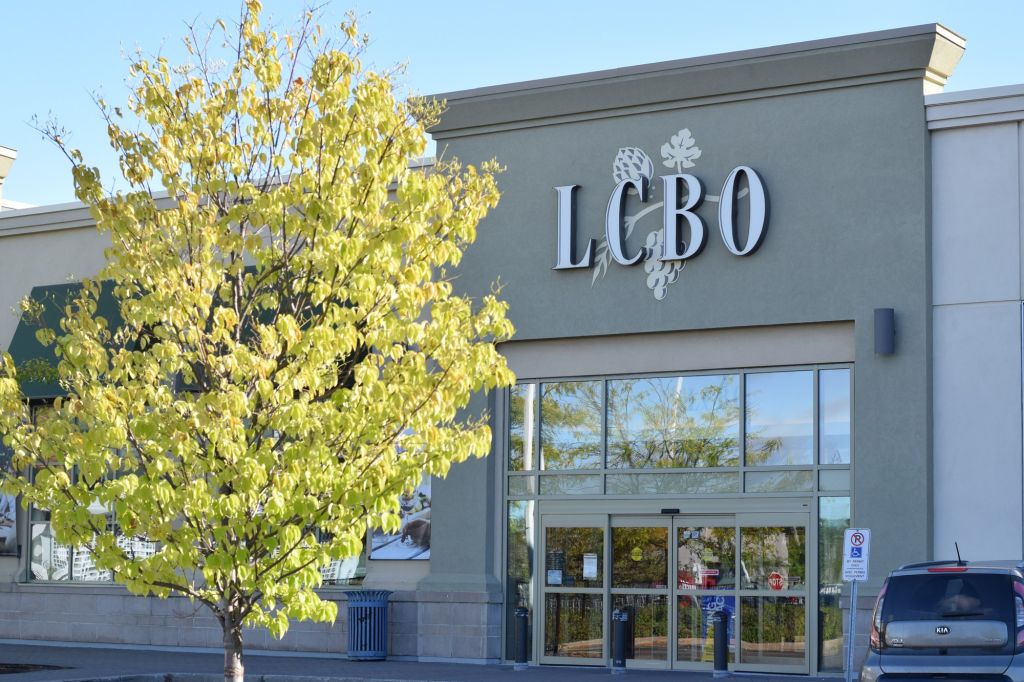Now that the LCBO has been given control of the sale and distribution of legalized marijuana in the province, students and staff at the college are weighing in on their views of the move.
“If Loblaws can sell beer and wine now, will they be able to sell marijuana in a few years?” said Jim Myronyk,coordinator of the business intelligence systems infrastructure program, in speculating on the future of marijuana regulation in Ontario. “Perhaps fewer centralized facilities staffed with SME’s (small-to-medium sized enterprises), or certain pharmacies (Shoppers/Rexall) with a sampling space/filtered room should be considered.
“A more serious concern is dealing with quality control and how to ensure the product is safe and exactly as advertised.”
With just 40 LCBO-run locations across Ontario expected to open next year after it’s expect marijuana use to be legalized, students like Andrew Cotter wonders if there will be enough capacity in the system.
“The whole point of marijuana legalization is to keep the profits out the hands of illegal organizations,” said Cotter, a mechanical engineering technology student at Algonquin. “If the LCBO doesn’t open enough locations across Ontario they will be pushing people back to the black market to purchase.”
Still others feel restrictions are necessary.
“I agree that the age restriction should be 18 and older, any younger would be irresponsible,” said Dominic Lovisa, a first-year student in the culinary skills chef training program. “The government should allow the small businesses to open their own storefronts as long as they obtain a license to sell, otherwise all the money would be going to the higher ups.”
It’s estimated legalization will represent a major boost to the economy, as the marijuana industry is estimated at $44 billion.
Since the announcement for legalization, unlicensed ‘pot shops’ have opened up across the Ottawa area. Storefronts such as Cannabis Culture, Green Tree and Weeds have rolled into town and, while being raided more than once, are still in operation.
The opening of these dispensaries falls into a grey area when it comes to the law so the majority of them have been able to reopen and continue business.
The age restriction has been proposed to be set at 18 and older to purchase recreational marijuana. They will only be selling the dried flower, leaving edibles and concentrates for further down the road.
“Ontario will have ‘zero tolerance’ for young drivers and truckers who use marijuana,” said Kathleen Wynne on Monday, Sept. 18. The tests that can detect THC through saliva are still going through approval stages by the federal government – a flaw in the test is that it may not be effective in the winter. An alternative, and commonly used method in the U.S., is a blood test.
Until the legislation has been officially set in 2018 we will have to wait for what’s in store for marijuana in Canada.


